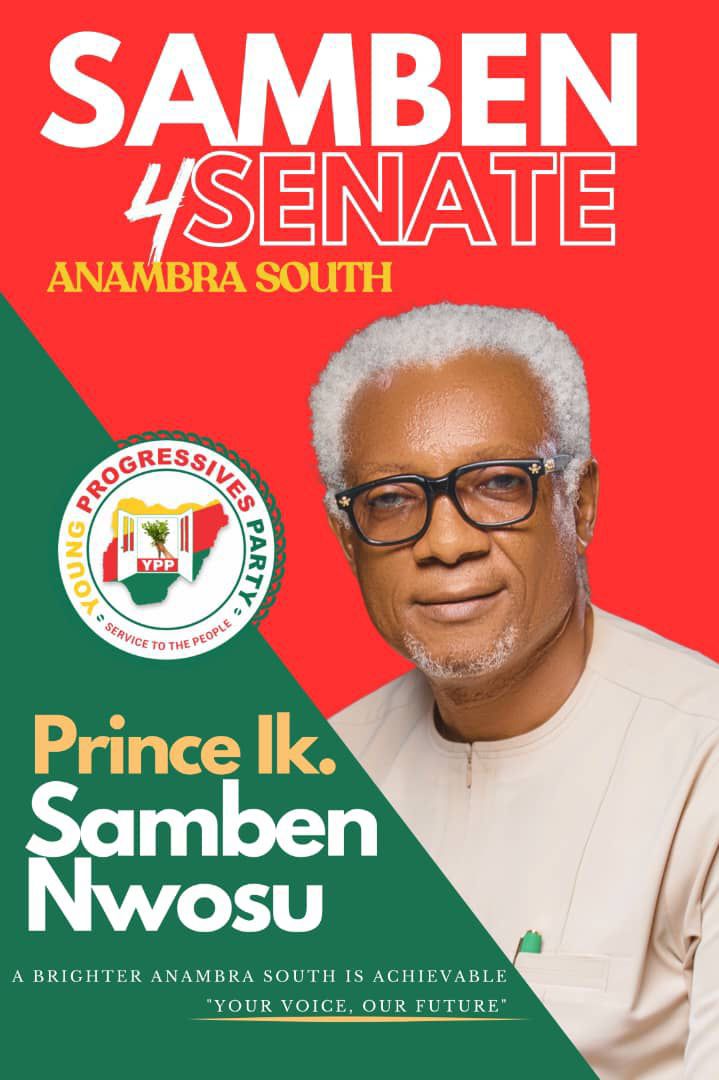
President Bola Tinubu has submitted four executive bills to the National Assembly, aimed at implementing far-reaching tax reforms.
One of the key proposals is the renaming of the Federal Inland Revenue Service (FIRS) to the Nigeria Revenue Service (NRS), signaling a major shift in the country’s tax administration framework.
The bill seeking the renaming of FIRS was titled “The Nigeria Revenue Service (Establishment) Bill” and was presented by Senate President Godswill Akpabio on the Senate floor. The bill aims to repeal the Federal Inland Revenue Service (Establishment) Act, No. 13, 2007, and replace it with the Nigeria Revenue Service, which will be responsible for assessing, collecting, and accounting for all revenue generated for the federal government.
In addition to the renaming bill, the president submitted three other significant bills which were presented to the National Assembly
The included the Nigeria Tax Bill, which seeks to provide a consolidated fiscal framework for taxation in Nigeria, simplifying and unifying the nation’s tax structure.
The Nigeria Tax Administration Bill is designed to create a clear legal framework for the consistent and efficient administration of tax laws, this bill aims to reduce tax disputes, facilitate ease of compliance, and optimize revenue collection.
The Joint Revenue Board (Establishment) Bill: This bill proposes the establishment of the Joint Revenue Board, the Tax Appeal Tribunal, and the Office of the Tax Ombudsman, with the goal of harmonizing, coordinating, and resolving disputes related to revenue administration.
In his letter to the National Assembly, President Tinubu highlighted the importance of these reforms, stating that the bills would enhance tax compliance, strengthen fiscal institutions, and create a more transparent and efficient tax regime. He expressed confidence that the passage of these bills would encourage investment, boost consumer spending, and stimulate economic growth.
“I am confident that these reforms, once passed, will not only improve tax compliance but also foster economic growth by encouraging investments and consumer spending,” President Tinubu noted.
The bills are now set for legislative scrutiny and debate in both chambers of the National Assembly.






